Now feedback is a mandatory element of all courses: “It’s a big deal” says CBS Students
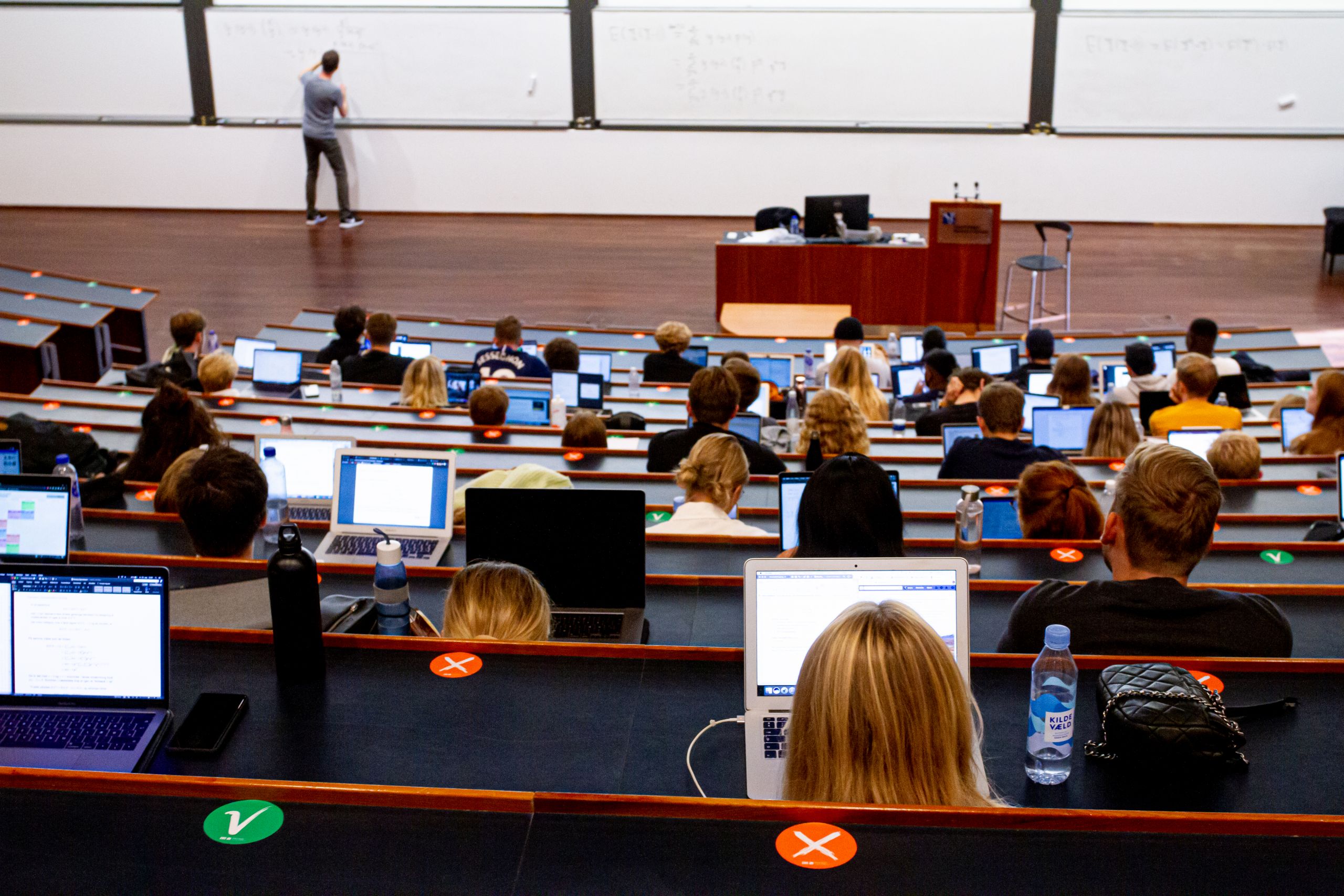
In 2017, CBS came in last of all the Danish universities in regards to giving sufficient feedback. Now, a process of introducing feedback elements into all courses has been completed. (Photo: Anna Holte)
In 2017, CBS came in last out of the eight Danish universities regarding giving students sufficient feedback. The Dean of Education says that feedback on all courses is needed out of respect for the students.
For several years, CBS Students has advocated more feedback for students. It has been a returning topic for candidates running for top positions in CBS Students, who have argued that it would increase the students’ learning.
Now CBS has introduced mandatory feedback elements in its more than 1,000 courses.
“This was obviously added to the agenda by the students – and rightly so. Therefore, in 2019, we reached out to all study boards with the requirement that all courses should include elements of feedback. It started as a gradual process, and now the process has encompassed all courses,” says Gregor Halff, the Dean of Education.
Maria Zoladkowska, Vice President of CBS Students, calls the accomplishment “a big deal”.
“If we want to strengthen the continuous learning, giving feedback during the course makes a lot of sense, and not only at the end of the course. You’ll have a better idea about how you are doing and a better grasp of your own strengths. And knowing that will give students a better springboard for the courses to come,” she says.
The process of introducing more feedback, which was completed in 2021, started back in March 2017.
This was when a survey among 120,000 students in Denmark showed that CBS came last out of the eight Danish universities regarding giving students sufficient feedback.
What is essential here is that we need feedback on all courses out of respect for the students
Gregor Halff
The result of the survey prompted the establishment of a feedback group tasked with coming up with ideas on how to give students more feedback. The ideas included quizzes, Q&A sessions, extra hours for supervision and written feedback, and were tested during a pilot project with students from three educational programs in 2018.
Back then, the President of CBS Students, Jeppe Ask Tofteskov, said the goal was to implement the idea in more courses, but the end goal had yet to be decided, as the pilot had not finished.
In 2019, the decision was made to require extra feedback on all courses, and a working group with representatives from the study boards and course coordinators comprised a catalogue of pick-and-mix feedback forms, explains Gregor Halff.
“The courses vary a lot both in size, but also in content, so we need various forms of feedback. Some types of feedback work better with classes of 200, than with classes of 16 students,” he says and continues:
“But what is essential here is that we need feedback on all courses out of respect for the students. No matter what she or he is studying, feedback is important for the learning outcome, and it should therefore be included in all courses.”
Time well spent
Gregor Halff knows that teachers will spend more time on teaching and the students when introducing extra feedback elements, but he believes that time will be well spent.
“If you go back a year, the teachers were given extra time to re-do their teaching and move it online. So we have seen what is possible if we give teachers extra time. Yes, it increases the cost of our programs, but I think the investment is justified,” he says and adds:
“Because in the end, the feedback will increase the teaching quality and learning outcomes.”
Now that the feedback for students is in place, Maria Zoladkowska hopes the course evaluations and feedback for teachers will also be revised or improved.
“When discussing what we would like to improve, teachers are next on the list. Because the better our teachers, the better our students, and the better the course feedback. It’s like a circle,” she says.
Right now, a very with little amount of the students fill in their course evaluations, explains Maria Zoladkowska.
“And they are often only filled in by the ones who really disliked the course, or those who really liked it. You don’t get the spectrum in between. And the evaluations are a really good tool for letting teachers know how to improve. Yes, it will not benefit you personally but in the grand scheme of things, but it will make the university a better place. And that is another of our goals,” she says.



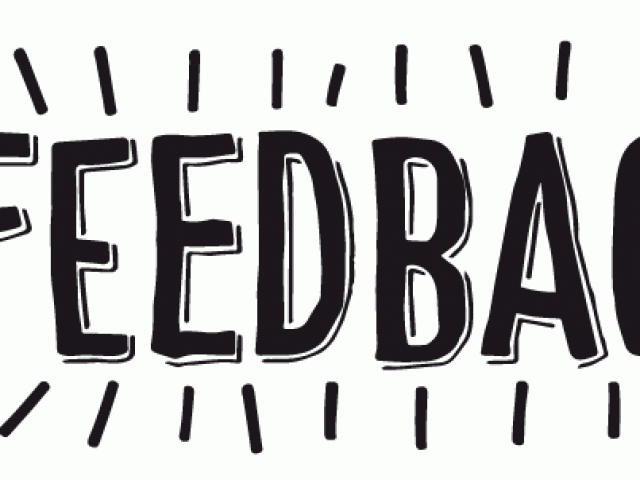
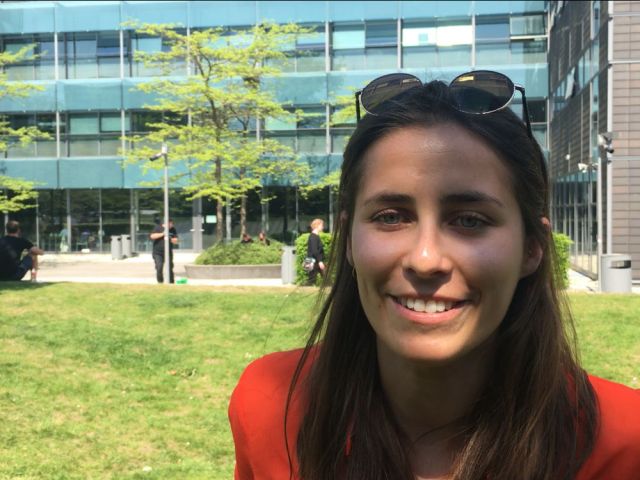
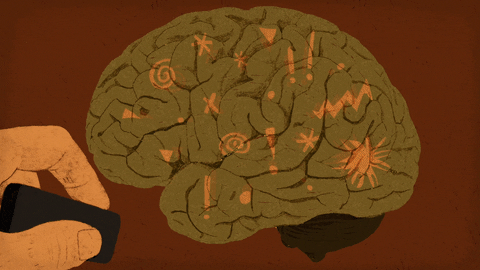

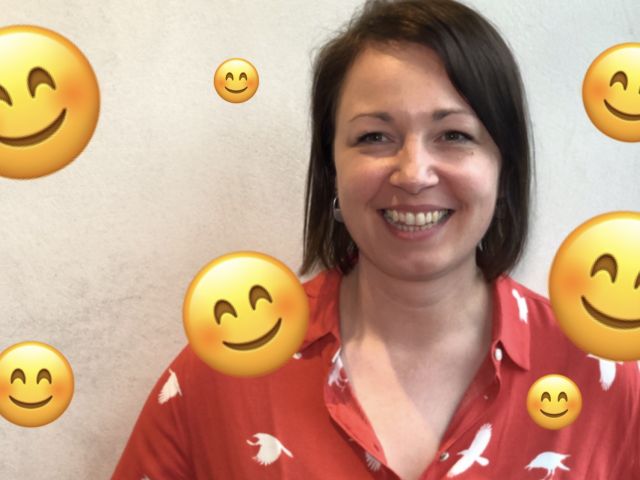
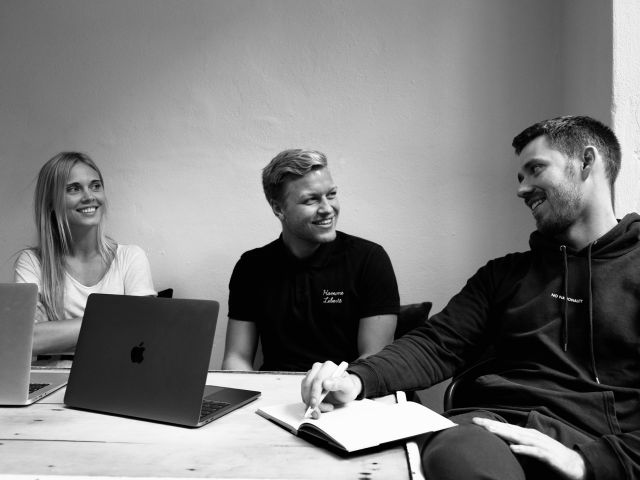






























































































































Comments